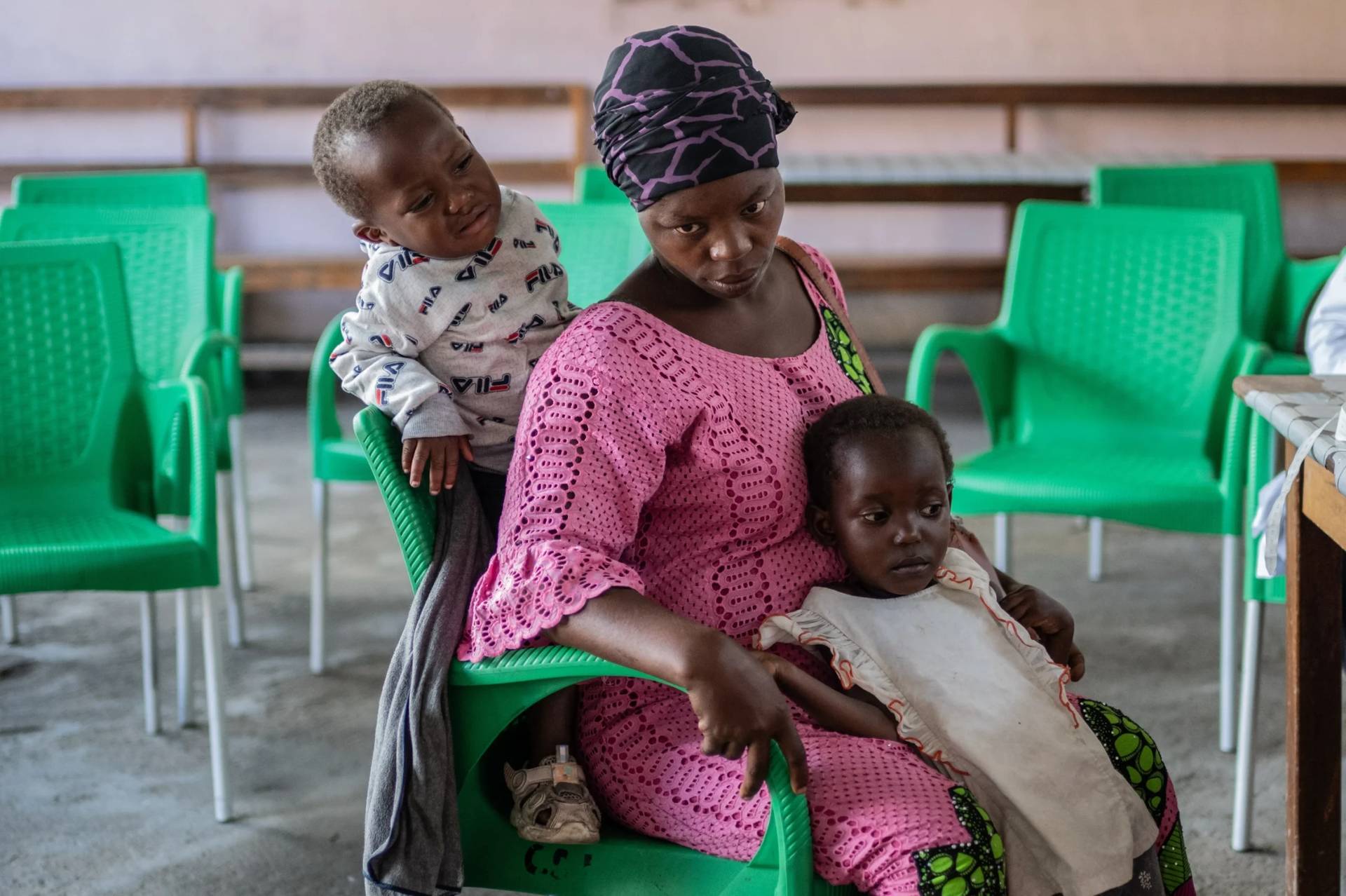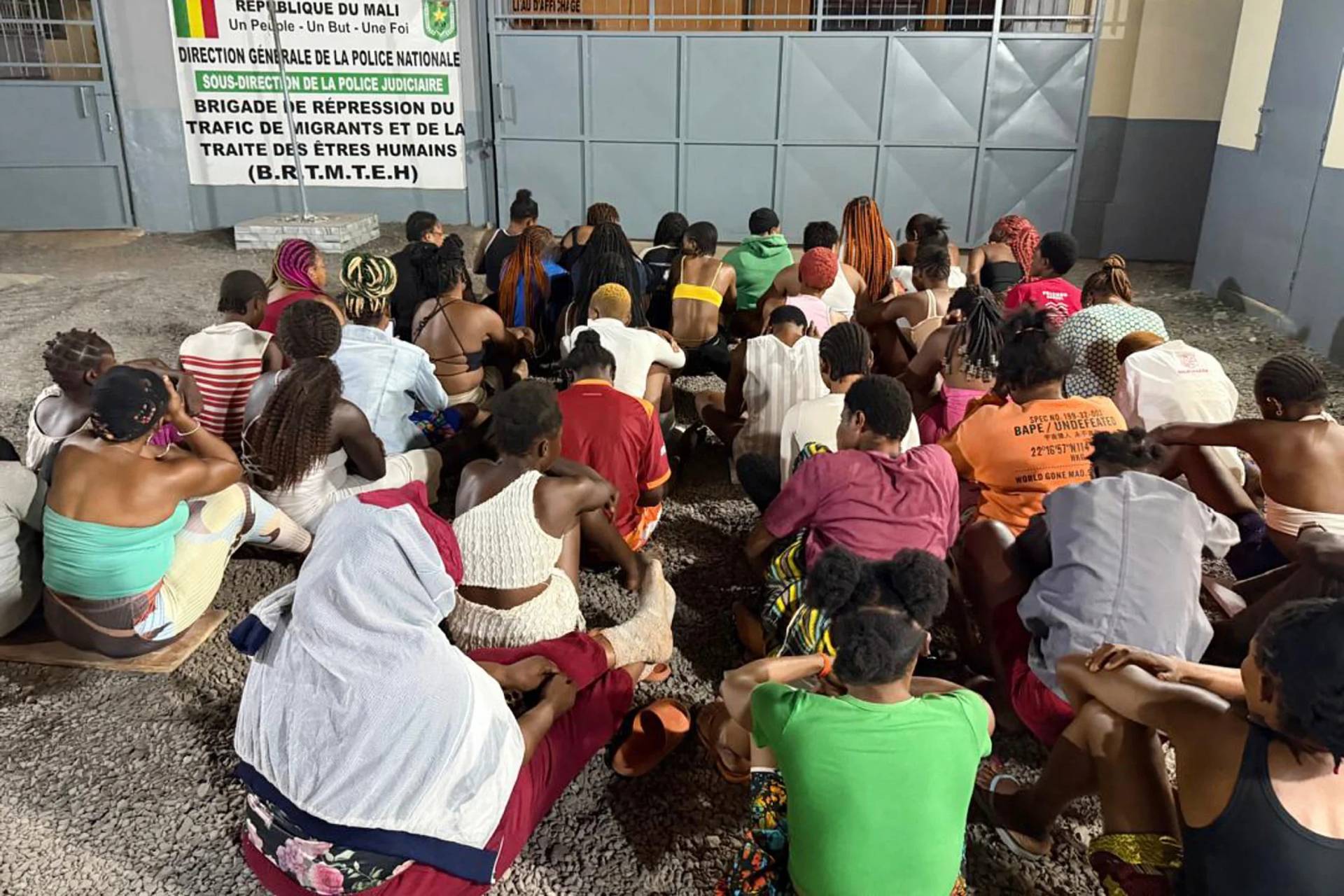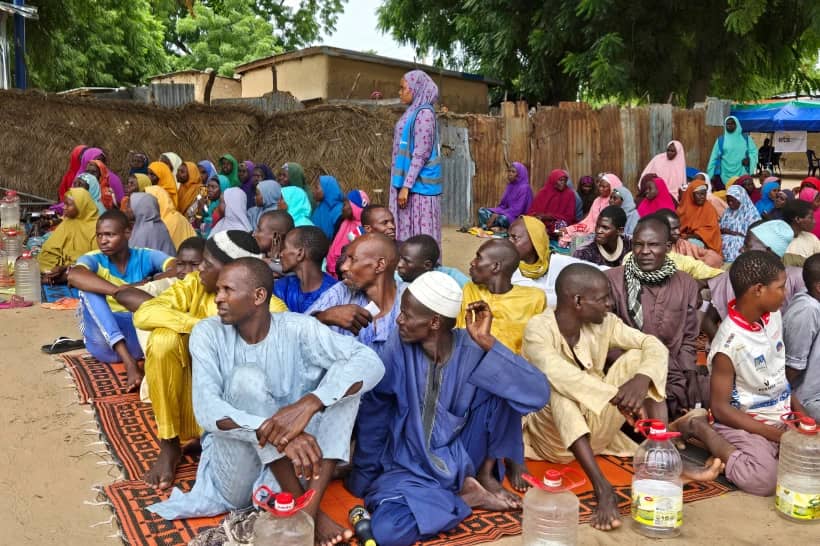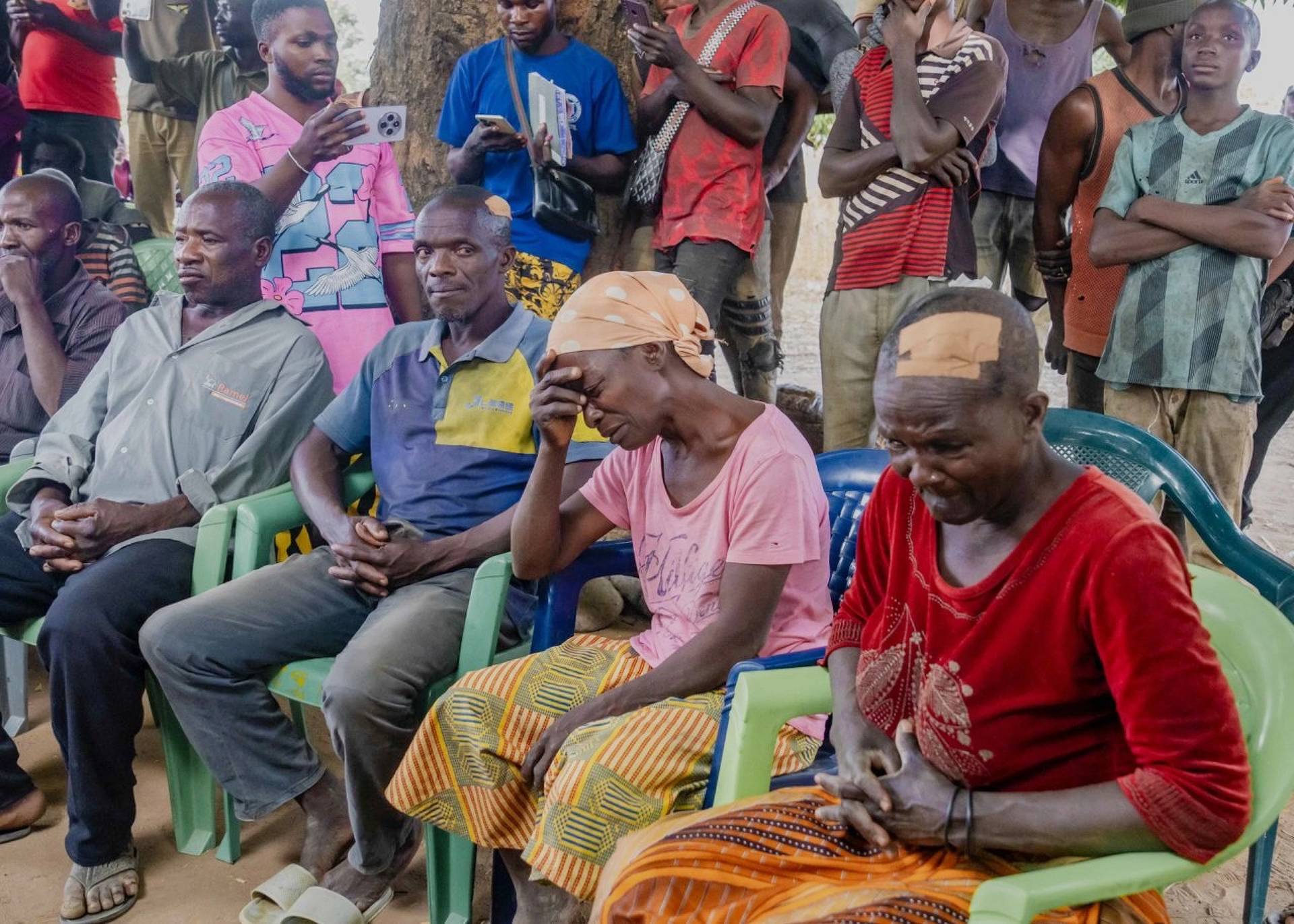SÃO PAULO – Disturbances on the streets of Luanda, the capital of Angola, seem a sign that political tension is on the rise ahead of Aug. 24 general elections, prompting calls from the country’s Catholic leaders for peace and dialogue.
Despite those pleas, many clergy members fear that violence will continue.
The two major political forces in the dispute in the late August race, not coincidentally, are the same groups that have been fighting for control over the Southern African country since 1975.
President João Lourenço, the leader of the People’s Movement for the Liberation of Angola (MPLA) – the party which has been ruling the nation for 47 years, ever since it won its independence from Portugal in 1975 – is bidding for a second term.
His major opponent is Adalberto Costa Júnior, the leader of the National Union for the Total Independence of Angola (UNITA).
MPLA, formerly a Communist movement with military support from Cuba and the Soviet Union, and UNITA, backed by South Africa and the United States, engaged in a bloody civil war between 1975 and 2002, when peace was achieved and both became regular parties.
MPLA has managed to keep ruling the country until now, but Lourenço – and his party – are facing criticism from many in Angola, where one third of the people are unemployed and extreme poverty reaches almost half of the population.
“Many people are euphoric about a possible victory of the opposition,” Albino Pakisi, a former priest and a political commentator at Radio Ecclesia, a church-run radio station, told Crux.
While Pakisi pondered that “some segments still believe in Lourenço’s promises of change,” many signs indicate that MPLA fears an electoral defeat. The government has failed to attend requests made by national and international organizations to improve the process’s transparency, and many analysts have pointed out that there may be risks of fraud.
“There are relevant inconsistencies. One example is the list of voters, which has been the same since 2012. There are almost three million people who died and their names continue to be on the list,” Pakisi said.
Another problem is that the Angolan electoral commission determined that the number of national and international observers will be limited to 2,000, and only 36 of them will be the Catholic Church’s delegates.
“It is a terribly low number. Angola has 164 municipalities and many of them cover vast areas,” lamented Father Celestino Epalanga, General Secretary of the bishops’ conference’s justice and peace commission.
Epalanga explained that the church is part of a platform formed by 21 organizations involved in the electoral monitoring and will work with them in order to expand its capability to observe the voting process.
“We cannot understand why the commission restricted the number of observers so much. It can harm the election’s reliability,” he told Crux.
The bishops’ conference has been asking authorities and political leaders to work for a peaceful and secure election. Last week, the Angolan bishops gathered in an assembly and discussed the current political scenario, among other issues. In their final statement to the press, released on July 21, they emphasized that pre-electoral instability was already a reality in several regions, “with clear signals of verbal and physical violence.”
As soon as the campaign was officially launched on July 23, the church’s fears became concrete. Hundreds of motorcycles swept the streets of Luanda in support of MPLA, but a few hours later some of the same groups began to protest for not being paid by the party for their participation in the parade.
CNN Portugal reported that motorcyclists could be seen setting fire to MPLA t-shirts and flags and vandalizing cars. The police used force to disband the rioters. Some of them told the local press that they had been shot. The authorities still have not released information on the events.
“The presidential race has just begun. That is a terrible sign. If the politicians fail to act and to raise awareness among their followers, violence may grow more and more,” Epalanga said.
The political tension even reached the church a few months ago, after some bishops vocally criticized the government for its failure to secure basic living conditions for the poor. Some in the MPLA began to associate the church with UNITA, stressing the close relations that Adalberto Costa Júnior, who was the party’s delegate to the Vatican between 1996-2002, enjoys with some members of the clergy.
“Now the relationship has been friendlier, although some Catholic voices continue to be critical to specific points of the administration,” Pakisi added.
On July 19, President João Lourenço laid the foundation stone of the Basilica of Our Lady of Muxima, expected to be Sub-Saharan Africa’s major center of Marian devotion.
“The church has been successful in playing its fundamental role in promoting reconciliation and dialogue in the country. And it has been emphasizing that the voters’ will must be respected,” Pakisi said.











